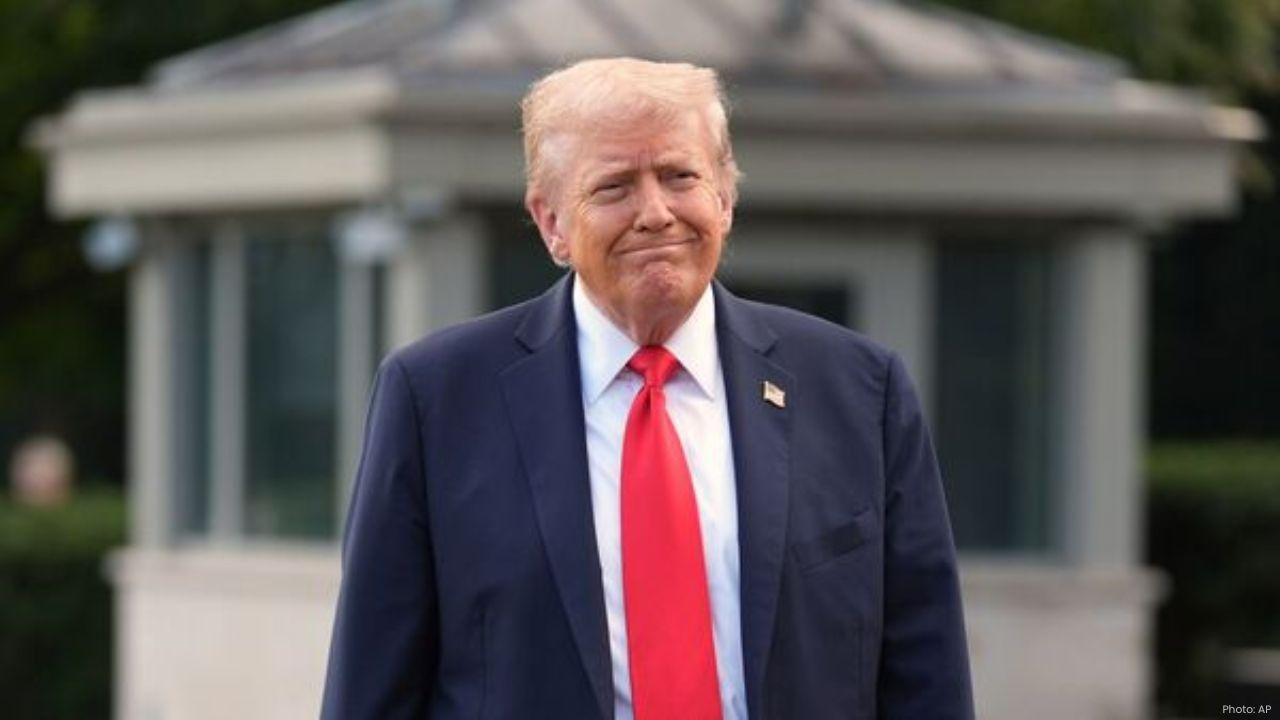
Post by : Mumtaaz Qadiri
Former US President Donald Trump admitted on Friday that imposing tariffs on India for buying Russian oil created tensions between the two countries. Trump described the move as a “big deal” and acknowledged that it “caused a rift” with India. His comments came during an interview with Fox News, reflecting on the impact of his administration’s decisions on diplomatic and trade relations.
Background on US-India Trade Tensions
The relationship between the United States and India has faced strain following Trump’s imposition of heavy tariffs. Earlier, the former president had applied a 50% tariff on all Indian goods imported into the US, a move that significantly increased the cost of trade. Trump and his aide, Peter Navarro, frequently criticized India’s energy ties with Russia, particularly its purchase of Russian oil and military equipment.
India, however, maintained that buying Russian oil is driven by national interest and market conditions. Indian officials have consistently stated that energy security and economic considerations guide these decisions, even in the face of US criticism.
Trump Explains His Actions
In the Fox News interview, Trump explained why he imposed the tariffs, saying, “India was their biggest customer. I put a 50 per cent tariff on India because they're buying oil from Russia.” He acknowledged that such a move was not easy and recognized that it would naturally cause disagreements with India.
Trump also noted that his decision was part of a broader effort to counter the economic influence of Russia, stating, “Remember this is a Europe problem much more than our problem.” He emphasized that he had already taken strong action, including several tariffs and measures to pressure India on energy purchases.
US Tariff Details
The tariffs imposed by Trump were substantial. The US levied a total of 50% tariffs on all Indian imports, on top of the pre-existing 10% baseline import duty on goods entering the country. These tariffs were introduced via an executive order dated August 6, 2025, and were implemented from September 27, 2025.
Earlier, on the day before his initial August 1 deadline, Trump had already imposed a 25% tariff on Indian goods. These measures targeted a wide range of products and significantly impacted trade between the two countries.
India’s Response to Tariffs
India has responded by continuing its energy imports from Russia, stating that its purchases are based on national interest and market needs. Indian leaders and officials have maintained that their trade decisions prioritize domestic requirements and economic security.
Union Minister Piyush Goyal highlighted that India remains in active dialogue with the United States to negotiate a trade agreement. At the same time, India is also negotiating with the European Union for trade agreements, showing a broader strategy of engagement with multiple partners despite challenges.
Efforts to Repair US-India Relations
Despite the earlier tension, recent developments show that both sides are working to restore dialogue. Trump and Indian Prime Minister Narendra Modi have welcomed discussions between the two countries. Trump’s aide, Sergio Gor, who is also the nominee for US Ambassador to India, emphasized the “deep friendship” between the leaders. He noted that India and the US are “not that far apart” when it comes to finalizing a trade deal.
These talks suggest that both countries are aiming to move past previous disputes and find a mutually beneficial resolution to trade and energy-related issues.
Impact of Tariffs on Trade
The 50% tariffs imposed by the US have had a major impact on Indian exports to the United States. By increasing the cost of goods, the tariffs have made Indian products less competitive in the American market. Key sectors affected include textiles, pharmaceuticals, and consumer goods, among others.
Indian officials argue that these tariffs are economically challenging but not insurmountable. The focus remains on negotiating trade agreements that can ease tensions while protecting India’s economic interests.
Trump’s Criticism of India’s Energy Ties
Trump repeatedly criticized India’s decision to buy oil from Russia, claiming that it indirectly supported Russia in its conflict with Ukraine. He also highlighted that India’s military and energy purchases from Russia make the country a significant partner for Moscow.
Through social media posts and public statements, Trump framed India’s energy imports as a strategic issue that justified his imposition of tariffs. The former president maintained that these measures were necessary to pressure India and other countries to reconsider their dealings with Russia.
India Defends Its Decisions
India has stood firm in its policy, emphasizing that trade and energy decisions are driven by national interest and global market dynamics. Indian leaders have stated that while they respect international concerns, their responsibility is to meet domestic energy needs and economic priorities.
This includes diversifying energy sources, ensuring affordable supply for citizens and businesses, and maintaining economic growth. India also continues to engage in dialogue with the US to find common ground and work toward trade agreements that benefit both countries.
Role of Diplomacy in Resolving Disputes
The ongoing discussions between India and the US highlight the importance of diplomacy in resolving trade disputes. Negotiations led by officials, including ambassadors and trade ministers, aim to bridge differences caused by tariffs and past disagreements.
The involvement of senior leaders like Prime Minister Modi and President Trump signals the strategic significance of US-India relations. Both countries recognize the need for collaboration in trade, energy security, and regional stability.
Current Status of Trade Talks
As of now, India is actively engaged in trade negotiations with the US. Union Minister Piyush Goyal has confirmed that discussions are ongoing, with the goal of reaching an agreement that addresses tariffs and trade barriers.
Sergio Gor, Trump’s nominee for US Ambassador to India, has expressed optimism about the talks. He emphasized that the countries are “not too far apart” and that agreements can be reached through continued dialogue.
Wider Context of US Tariffs
Trump’s tariffs on India are part of a broader strategy that targeted multiple countries over trade practices and energy policies. By imposing high tariffs, the US aimed to influence international markets and promote American economic interests.
The tariffs also highlight the complexities of global trade, where decisions by one country can have ripple effects on relations, diplomacy, and economic partnerships.
Donald Trump’s admission that US tariffs on India over Russian oil caused a rift highlights the challenges of international trade policy. While the tariffs created tensions, ongoing talks between India and the US indicate a willingness to resolve disputes through diplomacy.
India continues to prioritize its national interest in energy and trade decisions while engaging in negotiations to build stronger economic ties. Both countries are working toward agreements that can address tariffs, enhance trade, and maintain strategic cooperation despite past challenges.
Trump India Tariffs, US India Trade, Russian Oil Purchases, Modi Trump Relations
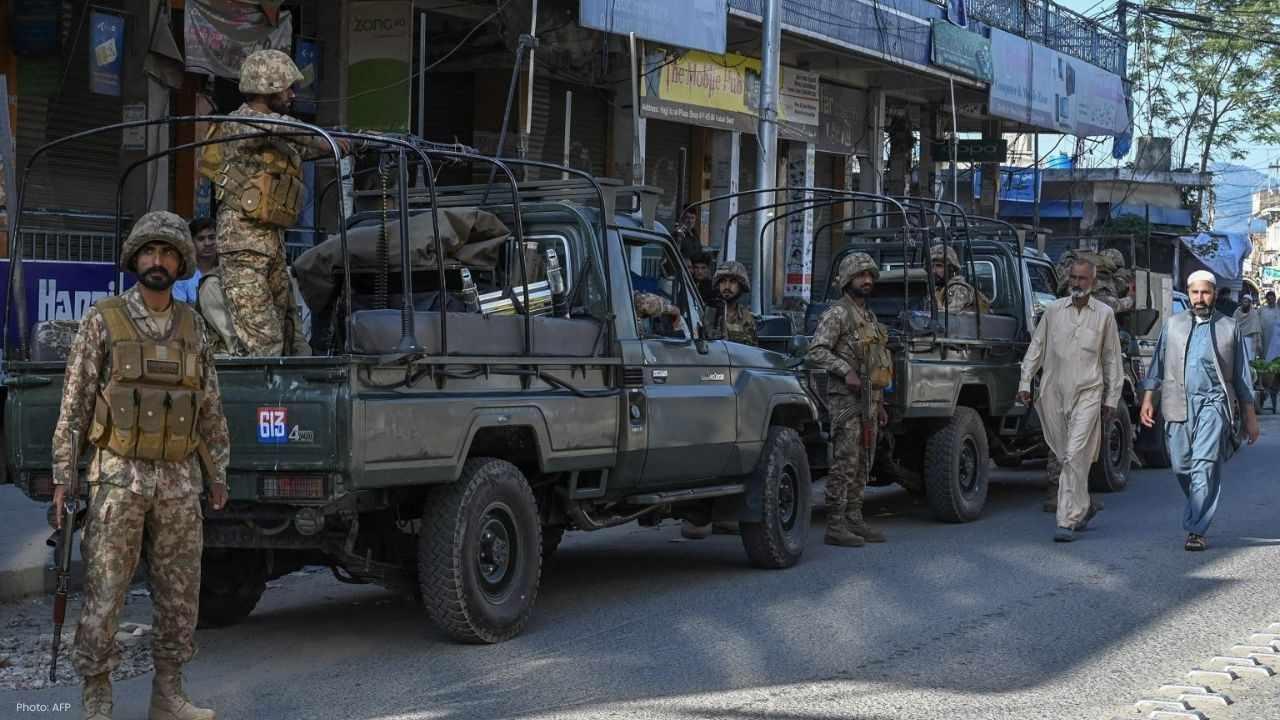

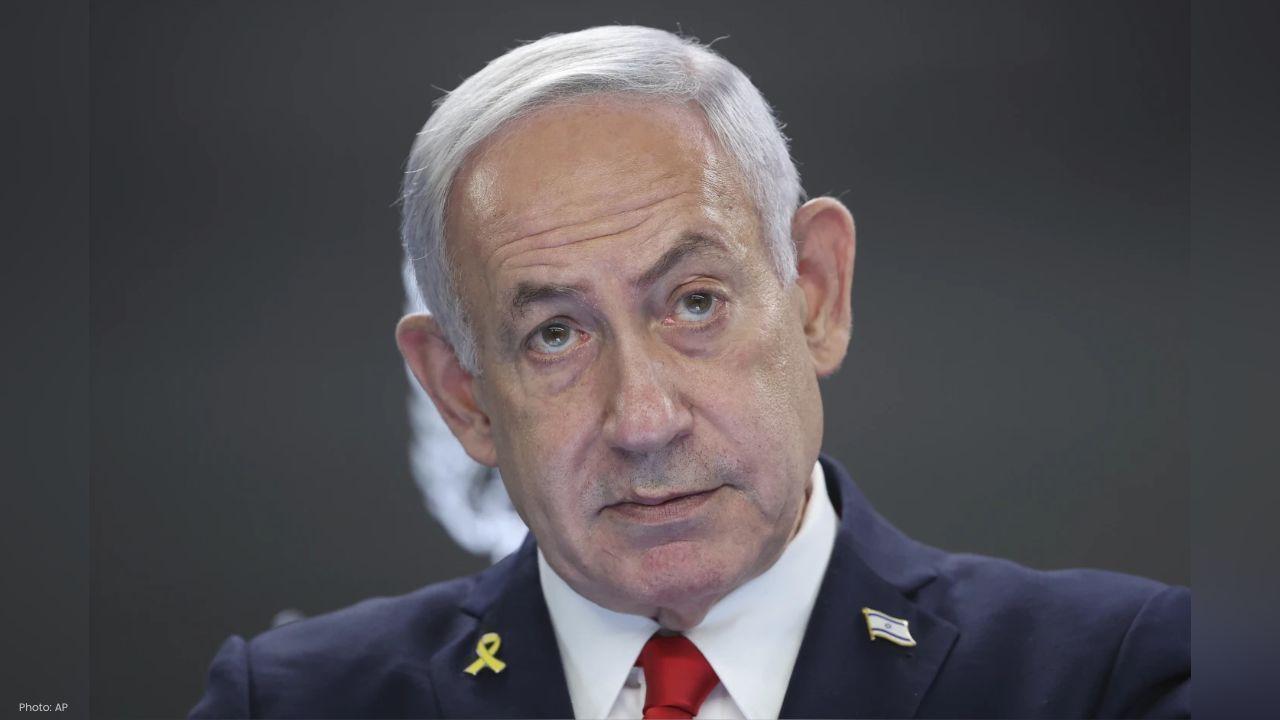
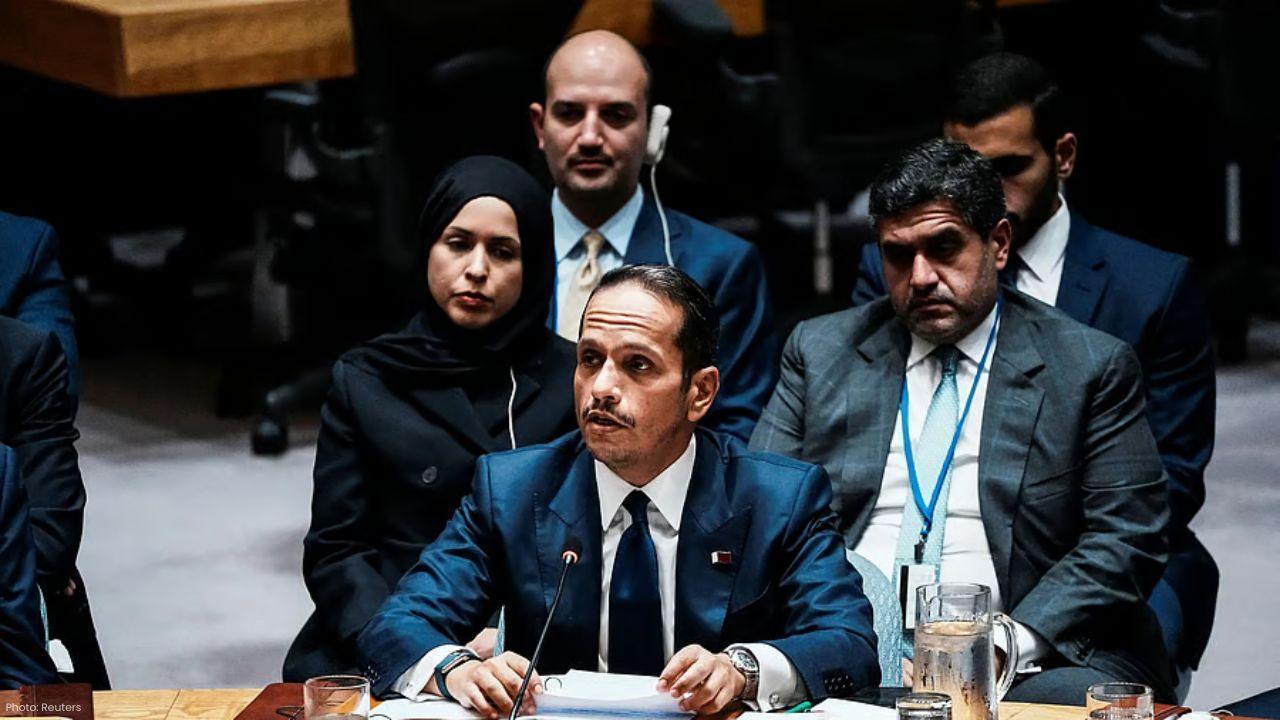
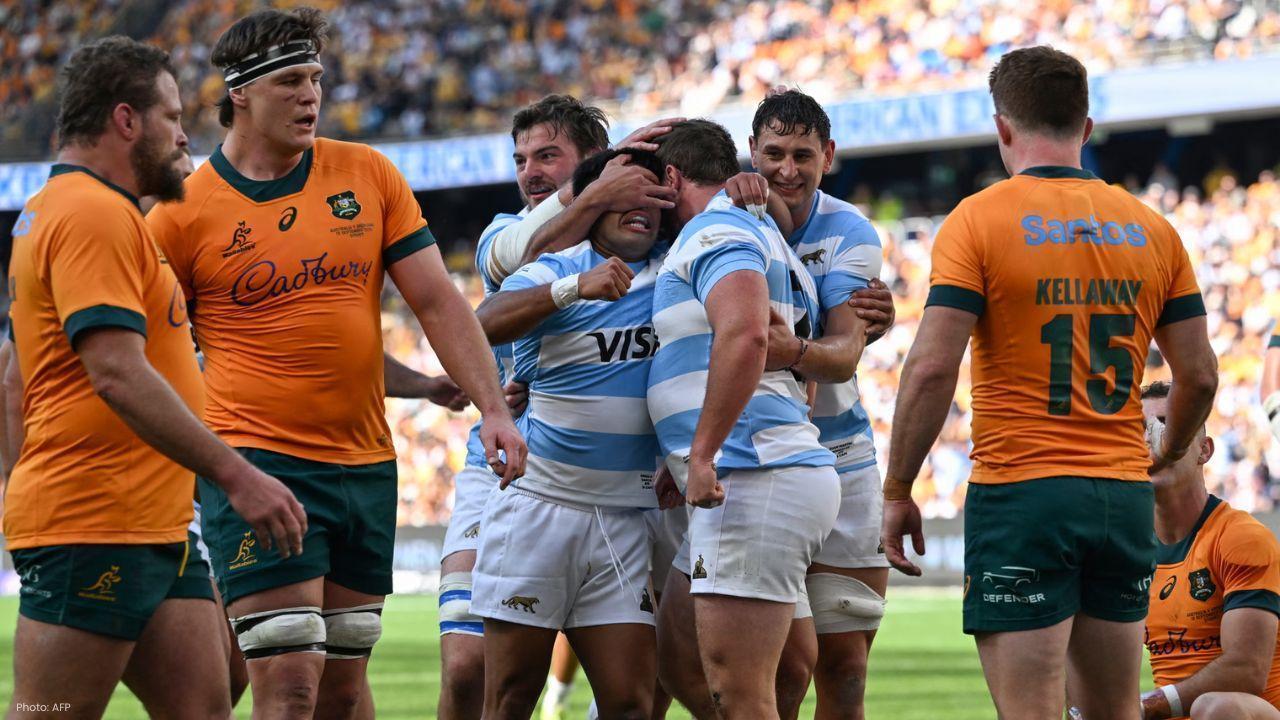


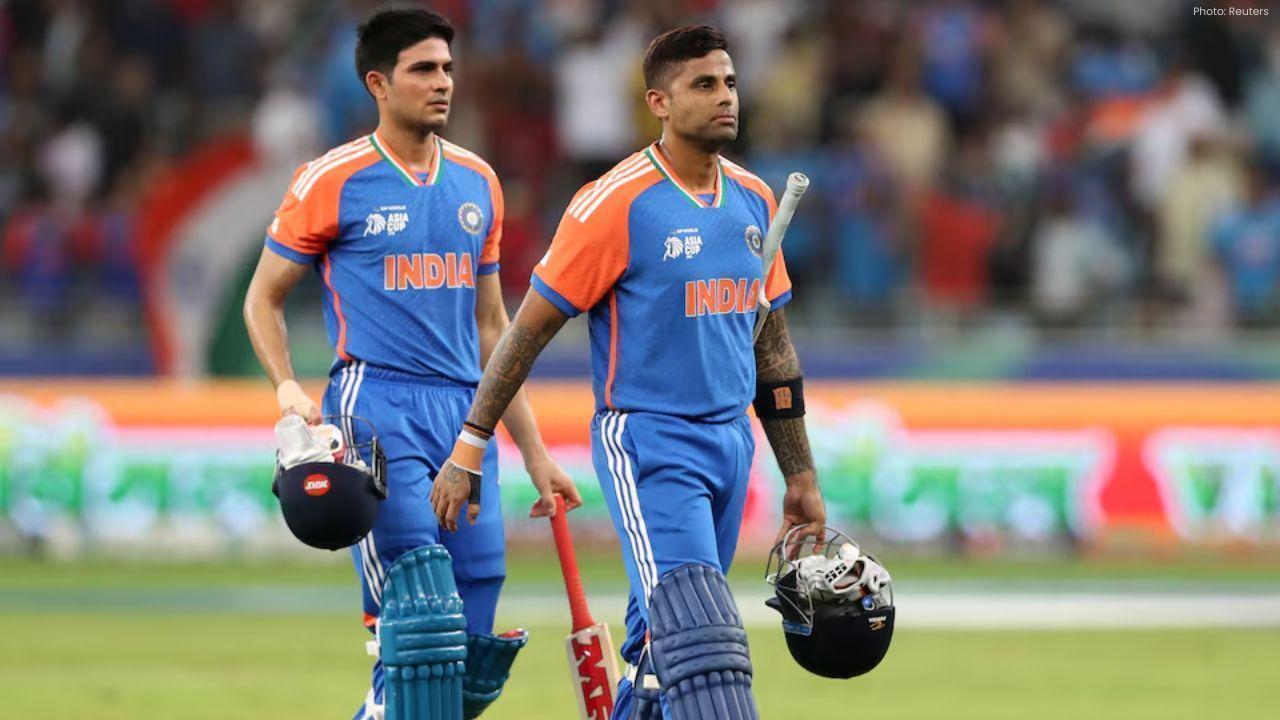


Twelve Soldiers Killed In Militant Attack In South Waziristan
Twelve soldiers were killed in an ambush by militants in South Waziristan near Afghanistan’s border,

Pavel Sivakov Gets Second Place In Québec Bike Race
Pavel Sivakov took second place in the Québec bike race as Julian Alaphilippe won. Tadej Pogačar ret

Netanyahu Fails In Qatar Strike As Hamas Leaders Survive
Israel’s strike in Qatar to kill Hamas leaders failed, sparking backlash, harming Netanyahu’s global

Qatar Prime Minister Meets Trump After Israeli Strike On Doha
Qatar’s Prime Minister meets Donald Trump in New York after Israel’s deadly strike on Doha. Talks fo

Argentina Beats Australia 28-26 In Rugby Championship Clash
Argentina beat Australia 28-26 in Sydney as Santiago Carreras scores 23 points. The Pumas hold on in

United Airlines Plane Makes Emergency Landing In Japan After Alarm
A United Airlines Boeing 737 made an emergency landing at Kansai Airport, Japan, after a fire alarm